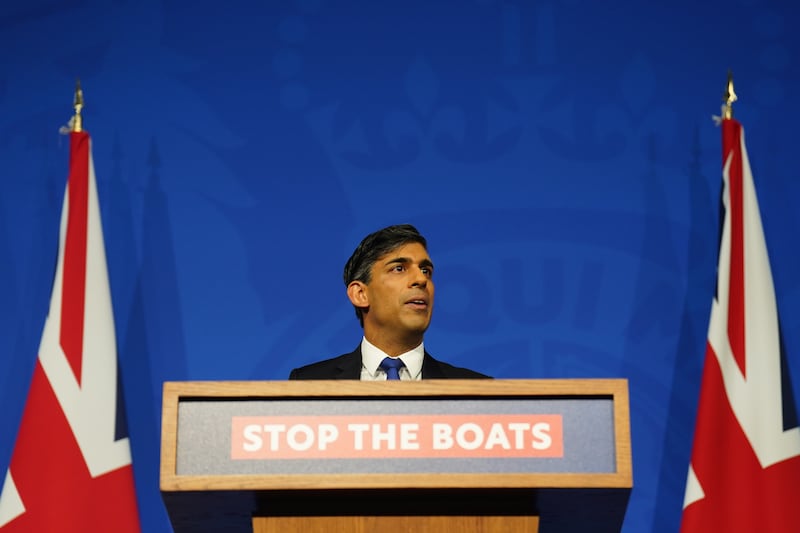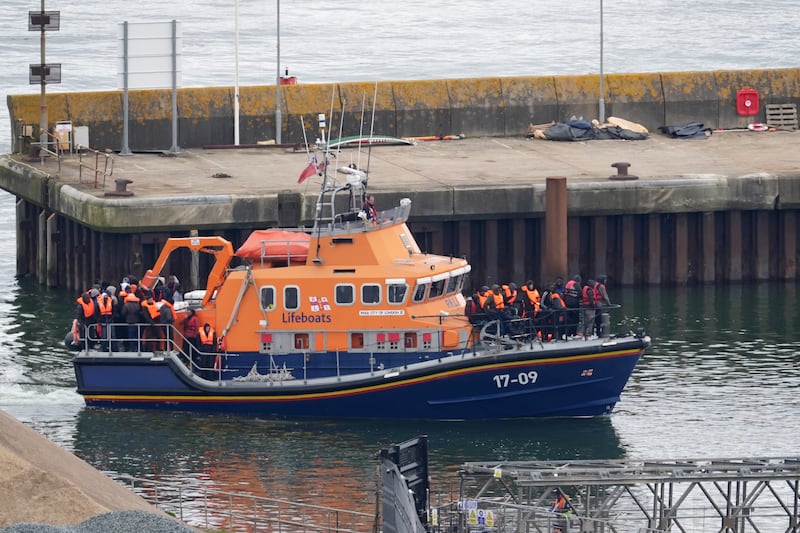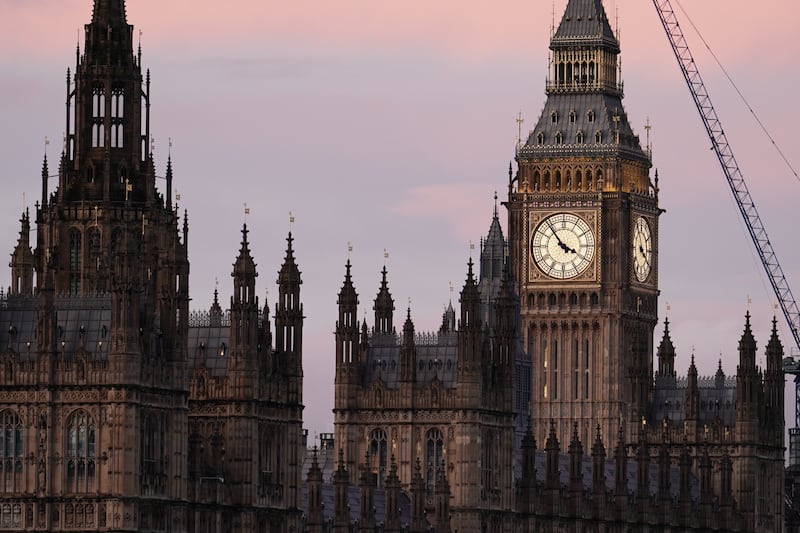Barges would be used by a Labour government to house asylum seekers for a “very short” period while the cases backlog is tackled, the shadow immigration minister has said.
Stephen Kinnock said former military bases would also continue to be used for a period of possibly around six months during work to bring down claims delays from a record high.
Shadow home secretary Yvette Cooper has previously indicated she would not be able to immediately shut down the sites but declined to be explicit about the policy.
On Sunday, Mr Kinnock told BBC Breakfast: “The reality is that we’ve got tens of thousands of people in hotels, we need to get them out of hotels and we need to get them off the barges and out of the military camps too.

“Because of the complete and utter chaos and shambles of the Tory asylum crisis, we are going to have to continue in a very short-term period to use the infrastructure that is there, including the barges and the hotels.”
Mr Kinnock said he cannot give a specific timeline as ministers work to bring down the decisions backlog from a record high of more than 172,000 cases.
The Labour MP added: “We will be forced to use these contingency measures because of the mess the Government has made.
“I’m confident that within six months of a Labour government we will be getting on top of the backlog and clearing people out of hotels and putting them into suitable accommodation, or removing them from the country properly because they have no right to be here.”
The Bibby Stockholm in Portland Port, Dorset, is the first barge the Government has procured to house asylum seekers while their claims are processed.
After a series of delays, it still has no migrants living on it amid continued safety fears centring on plans to house about 500 people on it – far over its original capacity.








